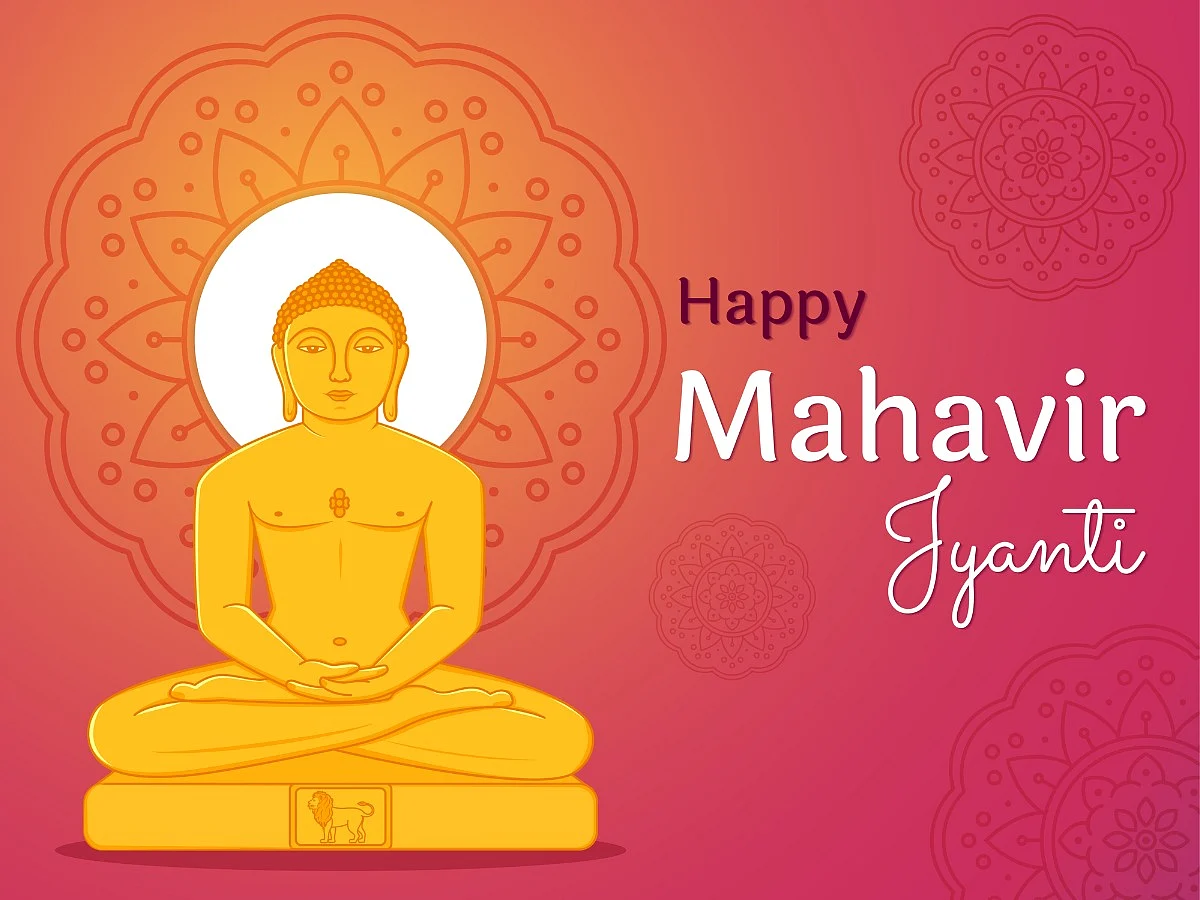Mahavir Jayanti 2023: Know History, Significance & Celebration of Jain festival
Mahavir Jayanti will be celebrated on 4 April this year. Know the history, significance, and celebration

advertisement
Mahavir Jayanti holds immense significance among the people of the Jain community. This day marks the birth anniversary of Tirthankara of Jainism that has been considered as a guiding force in Jainism. Jains consider Jainism as an eternal religion with the tirthankaras being the guide of every cycle of the Jain cosmology.
Mahavir Jayanti is celebrated by the community to mark the birth anniversary of the founder of Jainism, the 24th Tirthankara of Jainism. Jainism aims on attaining world peace and harmony including the minimal harm to the living creatures. Mahavir Jayanti is celebrated to observe peace, harmony and to spread the teachings of Mahavira. Let's know the history, significance and celebrations of Mahavir Jayanti.
Mahavir Jayanti 2023: Date
This year, Mahavir Jayanti will be celebrated on Tuesday, 4 April 2023.
Mahavir Jayanti 2023: History and significance
It is said that Mahavir was born on the 13th day in the month of Chaitra or the 13th day of waxing moon in the Chaitra month as per the Hindu calendar. Mahavir was born in Kundalagrama in Bihar as the son of to King Siddhartha and Queen Trishala.
However, the date of birth of Mahavir is debatable among the Swetambar Jains. According to them, he was born in 599 BC and according to the Digambar Jains, Mahavir was born in 615 BC. At the age of 30 years, Mahavir renounced his crown, abandoned all his worldly possessions and took the spiritual path. He spent 12 years in exile as an ascetic during which he meditated and stayed away from all the worldly pleasures. He led an austere life for 12 years before attaining ‘Kevala Jnana’ or omniscience. Mahavir believed in a preached ahimsa or non-violence, satya (truth), asteya (non-stealing), brahmacharya (chastity) and aparigraha (non-attachment).
It was his main disciple Indrabhuti Gautama who had put together his teachings and provided a source of information and learning for all.
Mahavir Jayanti 2023: Celebrations
On the occasion of Mahavir Jayanti, Jains hold a procession and carry the Mahavir’s idol on a chariot and walk around reciting religious songs. On this day, the Jains all around the world celebrate the holy festival by participating in charity, prayers and fasting, visiting Jain temples, conducting mass prayers and meditating.
On the occasion, people prefer eating sattvic food, meaning freshly prepared vegetarian meals without onion or garlic. People who consume Sattvic food do not use these two root vegetables and are strictly against harming any living creatures.
People carry out religious processions (rath yatra) on Mahavir Jayanti and decorate the temples with flags and offer food and help to the poor and needy. People also make donations to contribute towards saving animals from slaughter.
(At The Quint, we question everything. Play an active role in shaping our journalism by becoming a member today.)